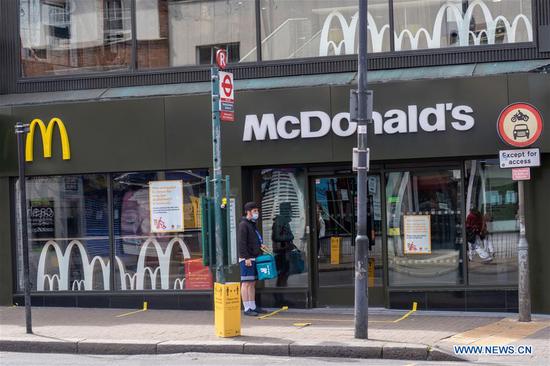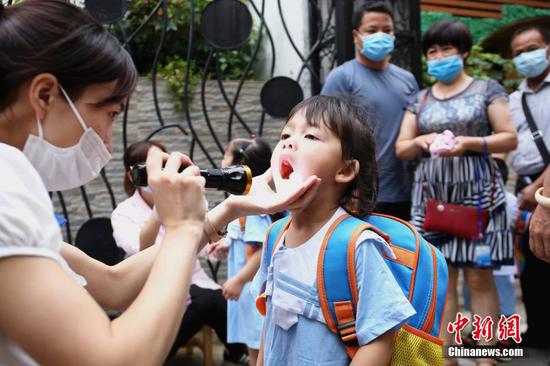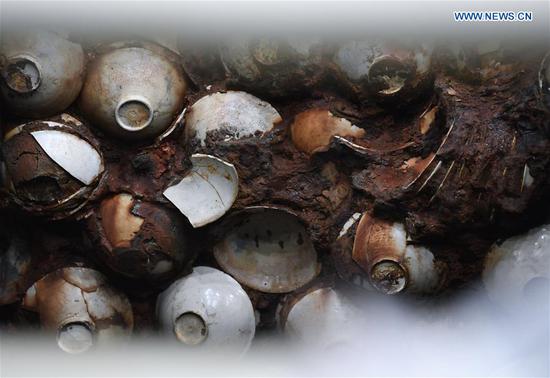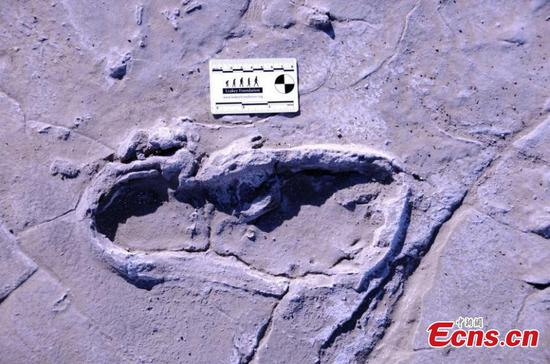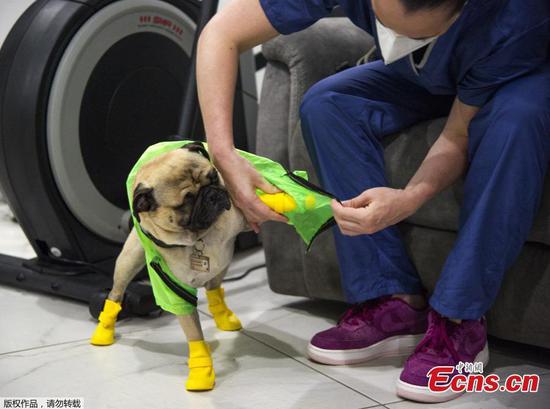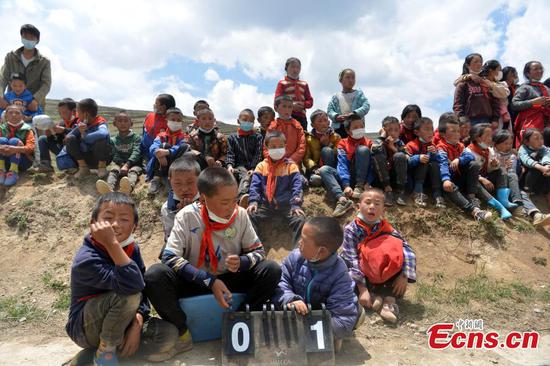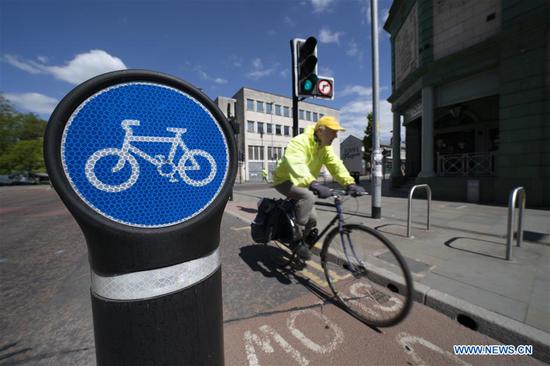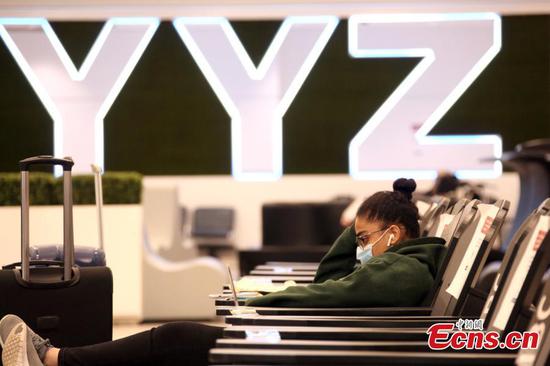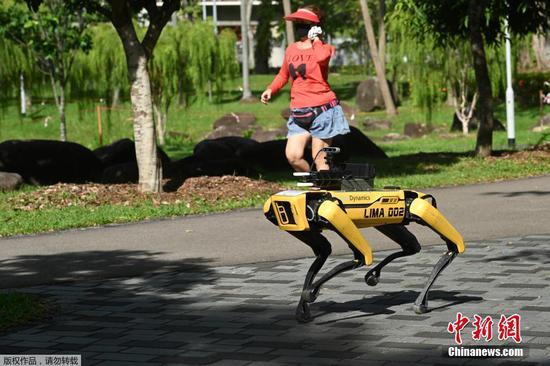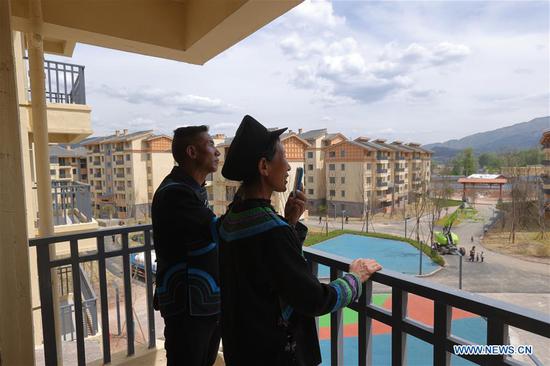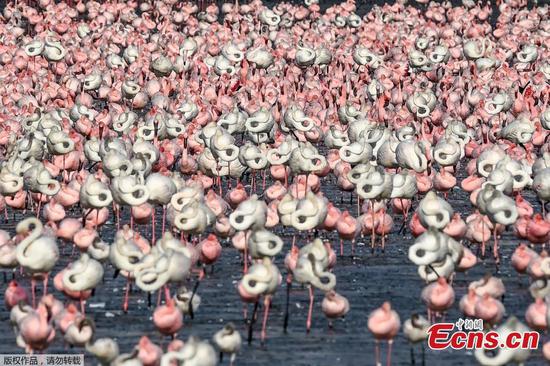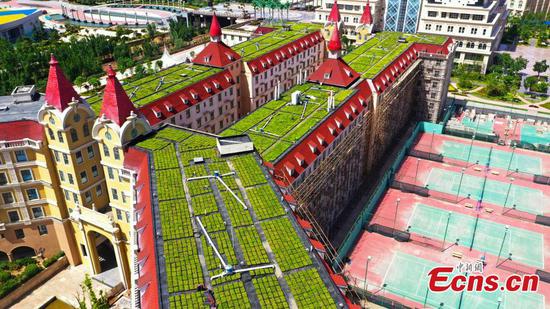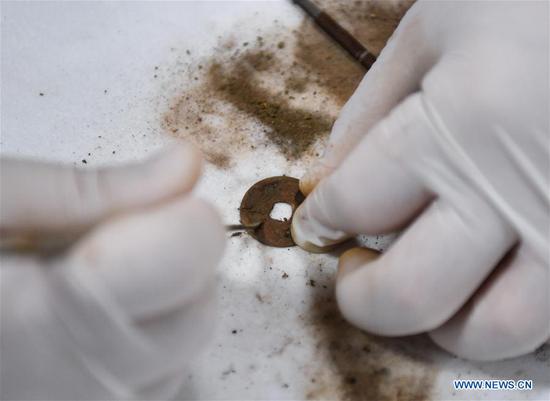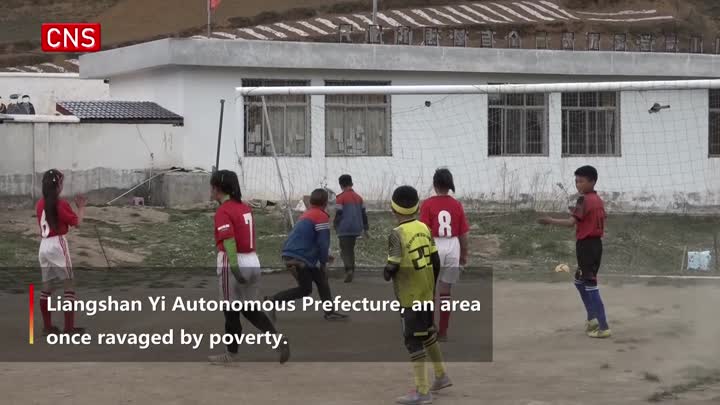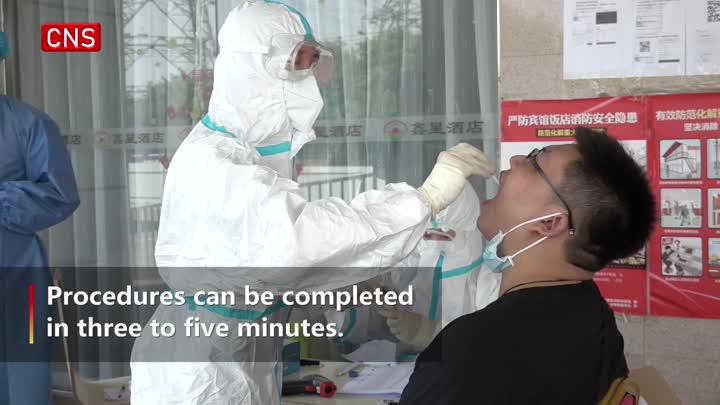![People work at the construction site of the second phase project of Harbin Polarland in Harbin, Heilongjiang Province, on May 8, 2020. [Photo/Xinhua]](http://image.cns.com.cn/ecns_editor/transform/20200518/x0kG-fzwkahv4163889.jpg)
People work at the construction site of the second phase project of Harbin Polarland in Harbin, Heilongjiang Province, on May 8, 2020. [Photo/Xinhua]
Despite the prevalent view that China will launch a strong infrastructure stimulus package, government payments to low-income individuals and hard-hit businesses may instead hold the key to the post-epidemic economic recovery.
China has pre-approved a total of 2.29 trillion yuan ($323 billion) worth of local government special bonds mainly to fund infrastructure projects and create demand. The market expects that the total quota of the year, which is to be unveiled at the upcoming annual gathering of the nation's top legislature, may reach 3.5 trillion yuan or more.
Government spending in infrastructure investment is indeed of great efficacy in stimulating demand. Each 100 yuan spent in investment, accompanied by the additional loan funding from banks, could create demand worth more than that 100 yuan.
Otherwise, if the amount is used for cash payments to low-income people, the induced consumer spending should be less than 100 yuan as people tend to save some of the money received.
But let's see how the COVID-19 pandemic has hurt the economy before finding cures.
COVID-19 has dealt a blow to aggregate demand, while the shock was more overwhelming for services than for goods. Particularly, it is the lower-end, labor-intensive services sector, which employs less educated and cheaper labor, that bore the brunt, such as offline retail, warehousing, tourism, catering and hospitality.
Data from the National Bureau of Statistics showed that the price rise in home services, provided mostly by lower-end labor force such as plumbers and nannies, slowed down much more quickly than the top-line consumer prices during the first quarter of the year.
As changes in home services prices closely correlate with wages of lower-end labor, the numbers have pointed to a heavier risk of shrinking income of the group than others amid the COVID-19 shock. Demand for lower-end labor has contracted more than the supply.
Owing to the relatively high cash flow pressure on lower-end labor force, the blow to income could swiftly transform into a drastic decline in consumption and inflict a secondary damage on the economy.
Transfer payments from the government to those low-income people will help them maintain their living standards and prevent the contraction in aggregate demand. Indeed, payments to individuals may not be the most efficient way to stimulate demand, but it would reflect society's intent to care for the hard-hit, ordinary people amid the crisis.
This should also apply to the most-hit sectors and corporates. Although payments to these businesses may not shore up demand as strongly as infrastructure investment, society should be responsible for these groups that got hurt.
From the economic perspective, those businesses, particularly small and medium-sized enterprises, hold a great amount of social capital, such as the networks of clients, management skills and brands. Therefore, transfer payments to the hard-hit businesses will help retain the existing social capital, helping the economy to recover swiftly.
Moreover, bailing out the virus-stricken services businesses will also help stabilize employment. Over the past few years, the services sector has been the main source of new job opportunities as employment in the secondary sector shrank. The services sector employed more than 350 million as of the end of 2018, or almost half of total employment.











